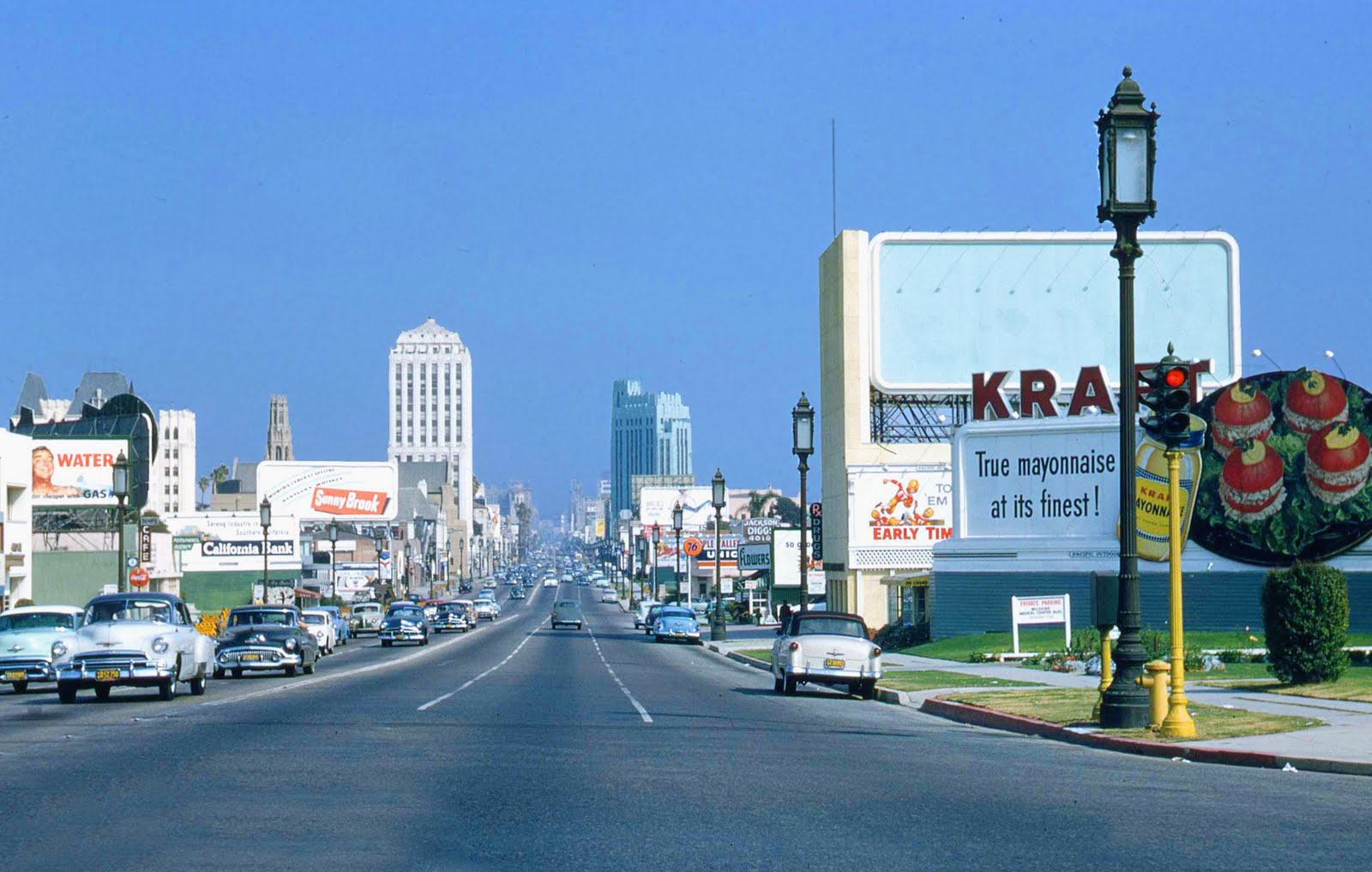If I was offered a good job in Los Angeles, I think I’d move in a minute. I’m one of those people who was born and raised in New York and lived here my whole life, could never have imagined living elsewhere. This city has been the biggest part of my education, has taught me as much a place can. But the last couple of decades have changed it in ways that pain me. So much that was interesting is gone. The way poor and working-class people have been pushed to the edges–to the brink–just saddens me. It was our city, and it was as beautiful as it was ugly. And in the last half-dozen years or so, so many of the brightest, most-creative people I know have left for better opportunities elsewhere.
I’m not one of those people who romanticizes Times Square of the bad old days. I don’t think of child prostitutes as useful props in the fantasies of those who love the idea of urban grit. But I don’t think we had to become a shopping mall, either.
New York was always about money, but it wasn’t only about money. You could create disco or rap or art from what others discarded. It wasn’t a city for the few but for the masses. You could have less but still be equal. You felt like you had it all, even if you had next to nothing. I don’t think that’s true anymore.
Friends chide me for feeling this way. You act like it’s Toledo or something, they say. They’re right. New York is still more interesting than Toledo. But was that the goal?
I probably wouldn’t really like anywhere else, either. But being disappointed by a place not your own is different than being disappointed by home.
Millions of other New Yorkers across decades have said the same things about the city that I’m saying now, and they’ve all been wrong. And I’m wrong, too. But I still feel that way.
I think one advantage L.A. has over New York has long been viewed as a deficit: it’s sprawl. When something has no center, it can’t really be “fixed” (or ruined). From “Los Angeles: a City That Outgrew Its Masterplan. Thank God,” by Colin Marshall in the Guardian:
“This lack of definition makes it no easy place to write about, and the challenge has reduced many an otherwise intelligent observer to the comforts of obscurantism and polemic. Nobody understands Los Angeles who thinks about it only through the framework of its entertainment industry, its freeways, its class divisions, or its race relations. I don’t even pretend to understand Los Angeles, but living here I’ve undergone the minor enlightenment whereby I recuse myself from the obligation of doing so.
My own time in LA has, in fact brought me to see many other world cities as theme-park experiences by comparison, made enjoyable yet severely limited by the claims of their images. San Francisco has long strained under the sheer fondness roundly felt for it, or at least for an idea of it, never quite living up to how people imagine or half-remember it in various supposedly prelapsarian states of 20, 40, 60 years ago. New York has similarly struggled with perceptions of it as the ultimate expression of the urban, and even lovers of Paris come back admitting that Paris-as-reality seems hobbled by Paris-as-idea.”
Tags: Colin Marshall

